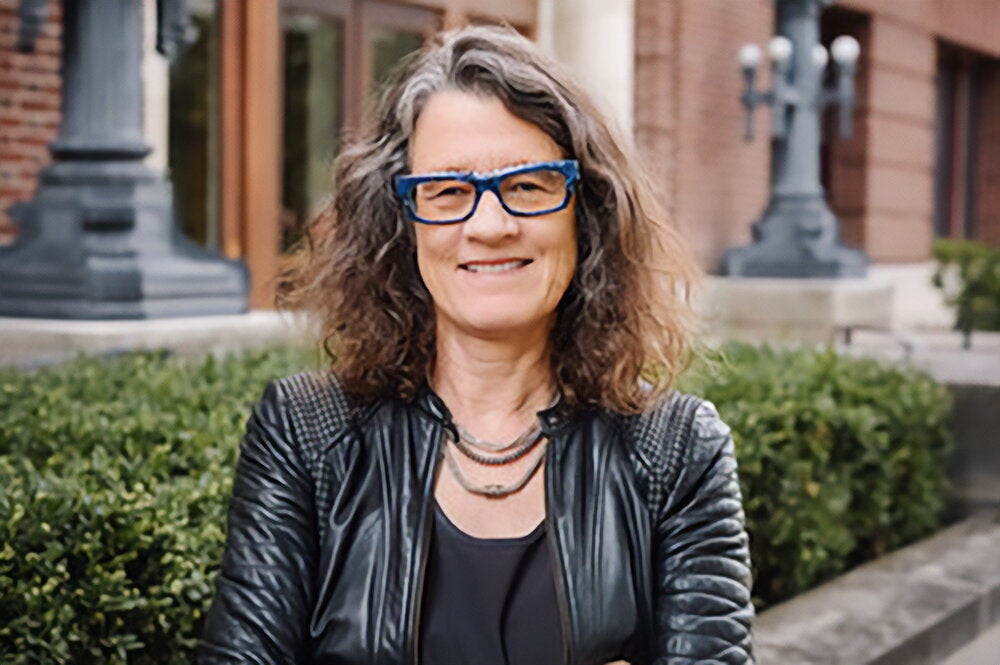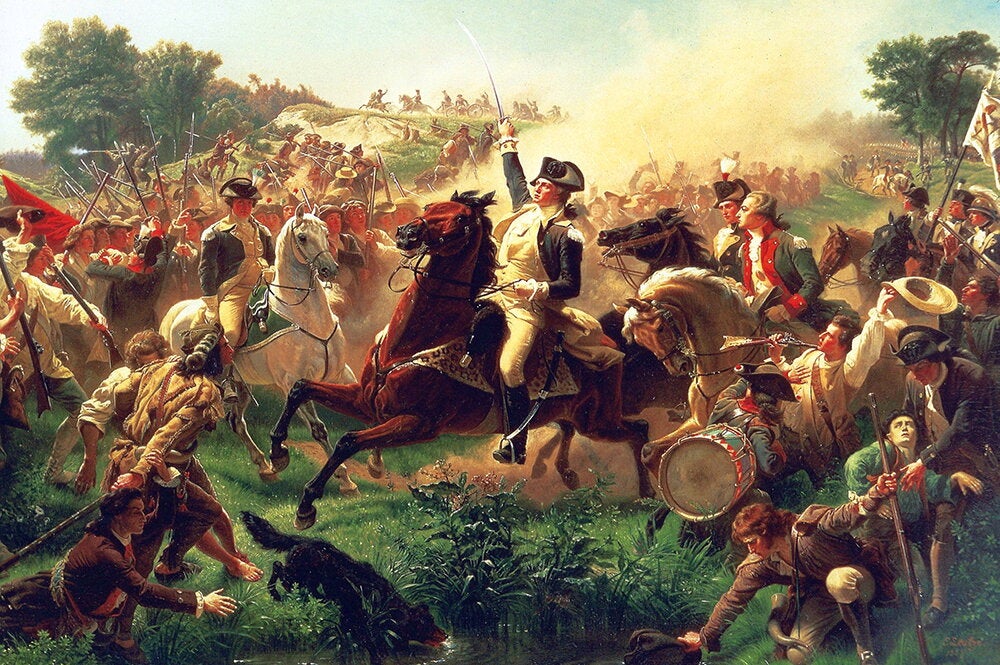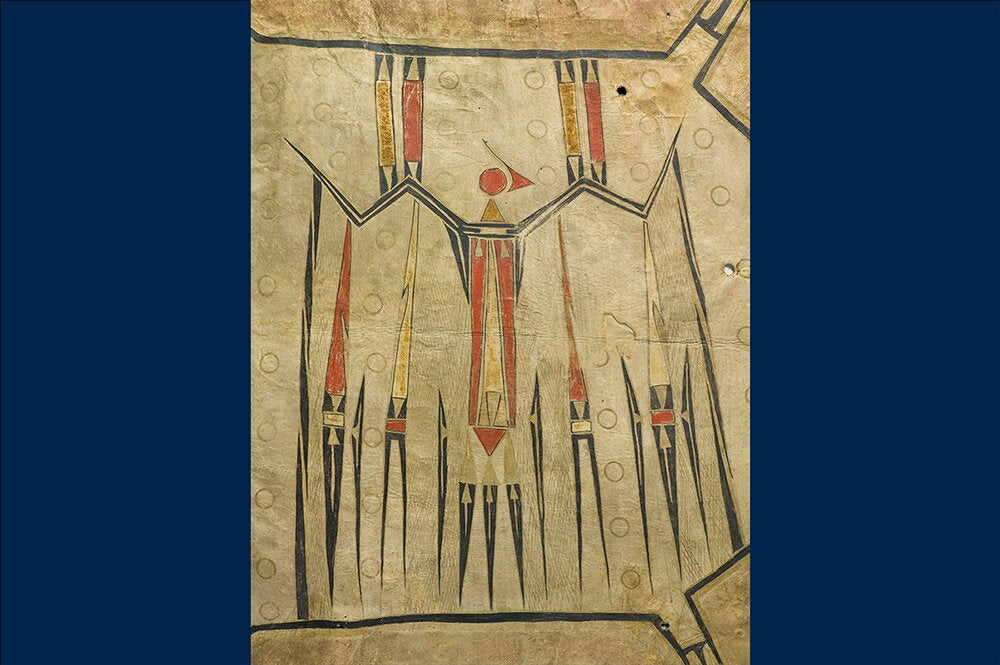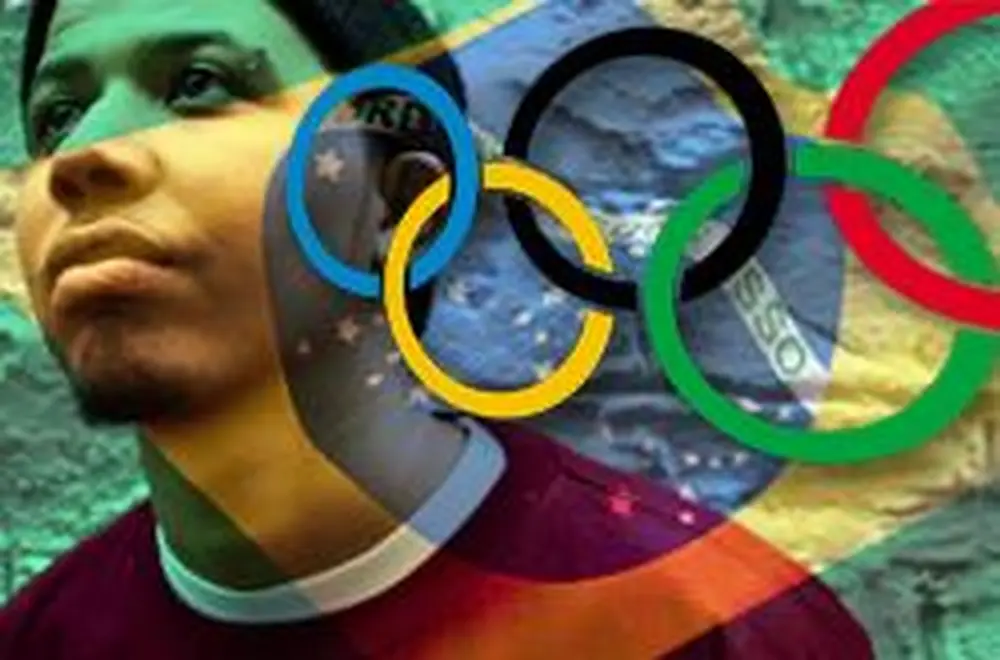
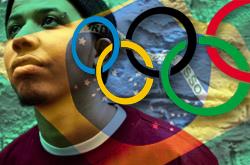
Confetti filled the city’s skies when Rio de Janiero was named the host of the 2016 Olympics, breaking the hearts of Chicagoans and making Brazil the first South American country to host the games. But like so many things in Latin America, the Olympics raise both hopes and fears.
“We are emotionally with Rio,” says Nils Jacobsen, an LAS history professor who specializes in Latin America. “Rio is a beautiful city and the people are very warm.” But he also recognizes that with Rio’s rampant violence, particularly in the slums controlled by drug gangs, the question is how to keep the violence from exploding without harsh government controls during the Olympics and World Cup. (Brazil is also hosting the World Cup in 2014.)
“Brazil has a strong army,” Jacobsen points out, “but what level of authoritarian, harsh methods will they use? It’s going to be very interesting to see if they can deal with this in a fairly democratic fashion. But to be honest, it will be difficult. The violence is drug driven. This is big money.”
The use of “authoritarian, harsh methods” has been a major issue throughout the history of Latin America; and it has been just one of many themes that researchers have tackled at the University of Illinois, which is celebrating the 100th anniversary of the arrival of Latin America historian William Spence Robertson on campus in 1909.
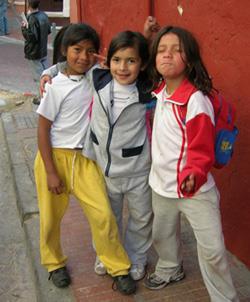
Robertson was one of the very first U.S. historians to teach courses specifically on what was then called Hispanic America, and he went on to “lay the institutional groundwork” for the field, cofounding the first Latin American history journal. Thanks to Robertson, the Illinois Latin American program has been a “spectacular story,” says Jacobsen. Today, the range of scholars involved in the U of I’s Center for Latin American and Caribbean Studies is as diverse as Latin America itself.
“One has to remember that Latin America is a vast region,” Jacobsen points out. “Everything is not all the same down south of the Rio Grande River. There are differences in ethnic structures, wealth, resources, and culture—many, many differences.”
During the Reagan-Thatcher years of the 1980s and into the ’90s, Jacobsen says many Latin American countries moved to more open economies by implementing what are called “neoliberal policies.” In more recent years, there has been a reaction against neoliberalism, particularly in Bolivia, Ecuador (whose president is an Illinois graduate), and Venezuela, where Hugo Chávez is the most strident voice.
Jacobsen says there is also a more moderate group—countries that are left of center but still allow more pluralism and press freedom than Chávez’s Venezuela. These countries include Chile, Argentina, Brazil, and Uruguay. Finally, there are Peru and Colombia, the major proponents of neoliberal ideas and the two biggest allies of the United States.
“Since about 2003, Peru has had five or six years of spectacular growth,” he says, the groundwork for which was laid during the controversial tenure of President Alberto Fujimori, who was in office from 1990 to 2000.
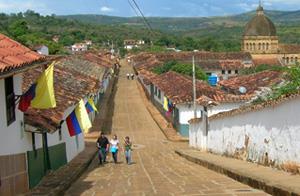
Fujimori, the son of Japanese immigrants to Peru, stopped runaway inflation and ended the insurgency of one of the most brutal guerrilla groups ever seen in Latin America—the Shining Path, a Maoist organization believed to be responsible for the majority of 67,000 civil- war deaths between 1980 and 1996. In defeating the Shining Path, however, Fujimori severely restricted the press and was very authoritarian. Since then, he has been tried and convicted for human rights abuses and corruption.
In Colombia, the current president is Àlvaro Uribe, who enjoys tremendous popularity, Jacobsen says, because he made travel safer, slashed the skyrocketing number of kidnappings, and weakened the two guerrilla groups that had been battling the government for 40 years.
Once again, however, Uribe serves as an example of the perpetual tension between controlling violence and wielding a heavy hand. According to Jacobsen, the way Uribe went about defeating the guerrilla groups has been “dubious,” with evidence that he worked with paramilitary groups believed to have committed massive human rights abuses. These suspected abuses are the reason the Obama administration has not yet signed a free trade pact with Colombia.
In the meantime, the United States has negotiated a greater military presence in Colombia and plans to expand the number of bases from one to seven. As Jacobsen puts it, “Chávez hollers about this, of course, but Venezuela is not the only Latin American country protesting more U.S. troops.”
Despite these contentious issues, Latin American countries are trying to find some sort of way to unify through trade pacts and the fledgling Union of South American Nations (UNASUR), modeled in part on the European Union.
“Right now this is mostly a consultative group, but there is a possibility that it will strengthen ties,” Jacobsen says. “People dream about that.”
